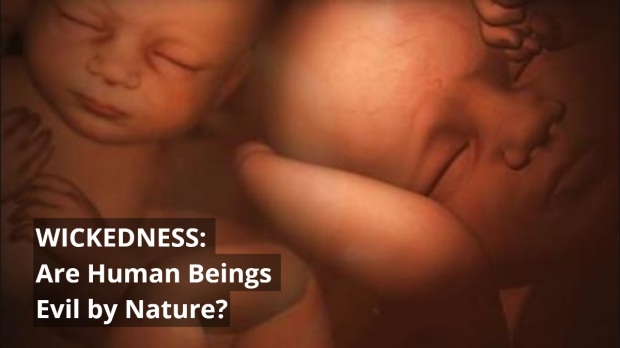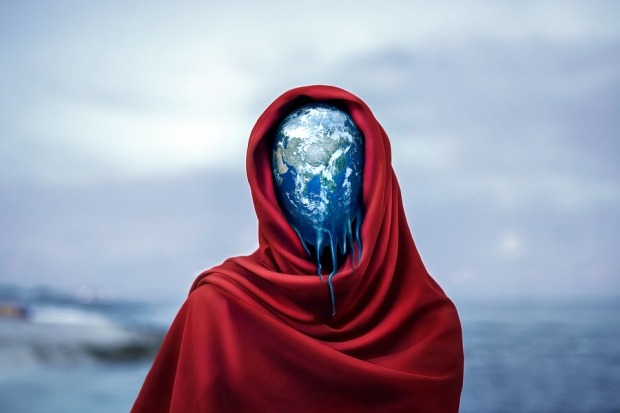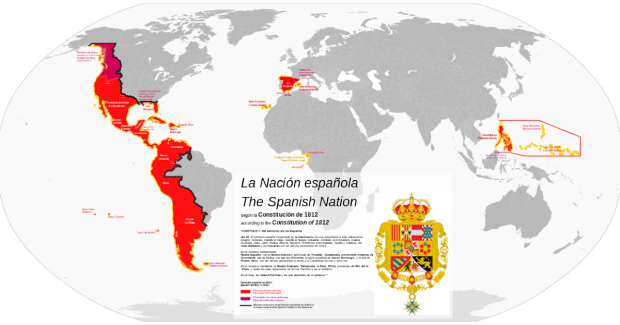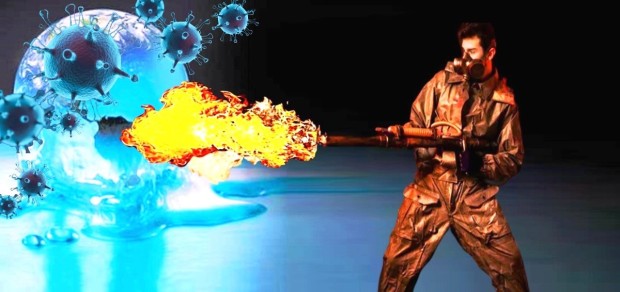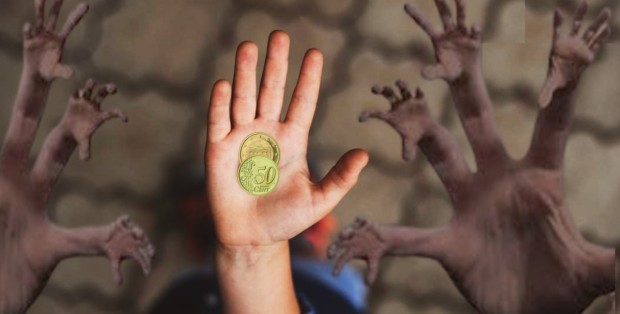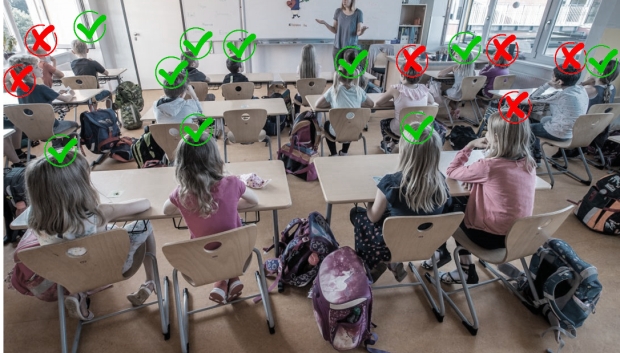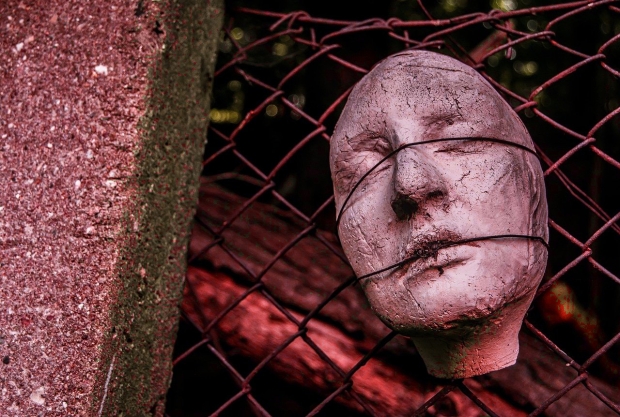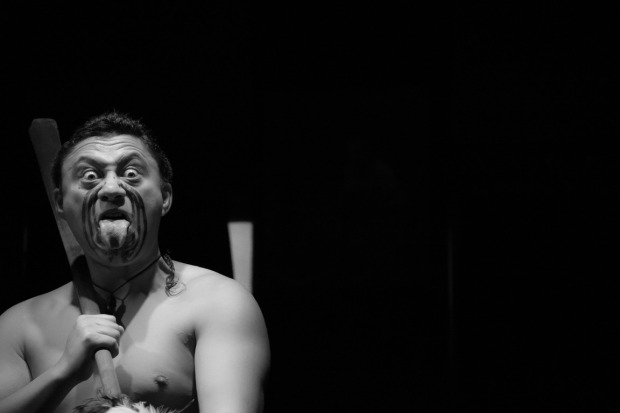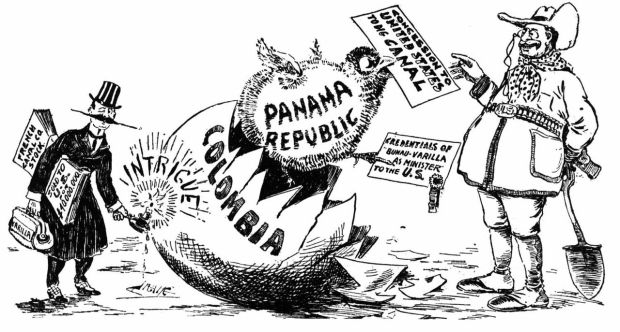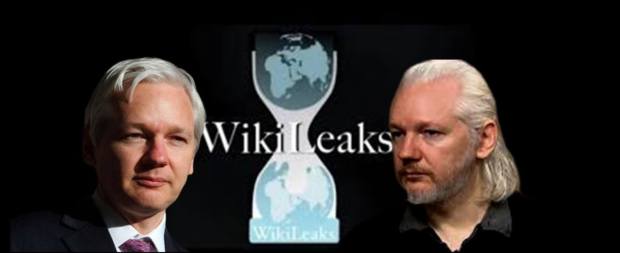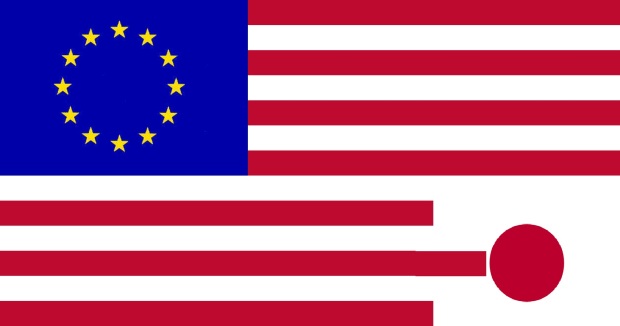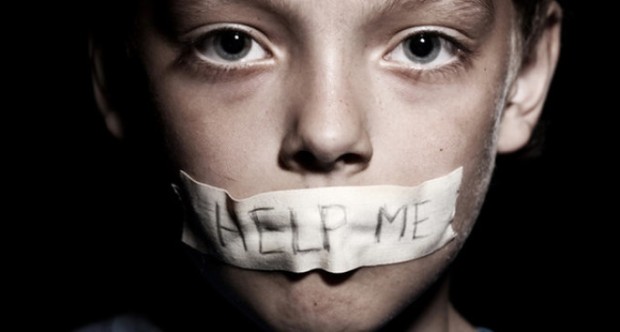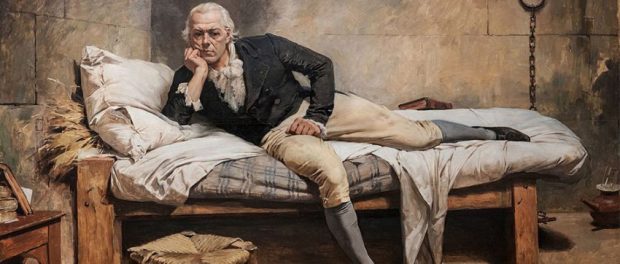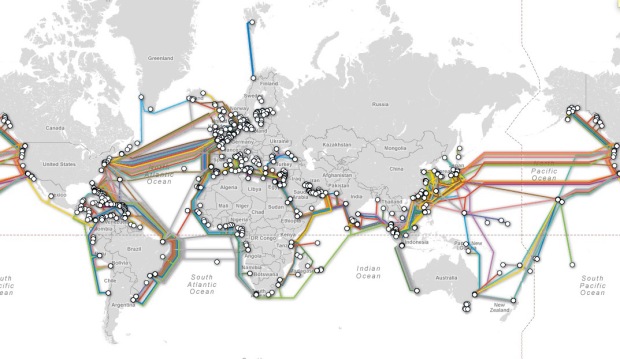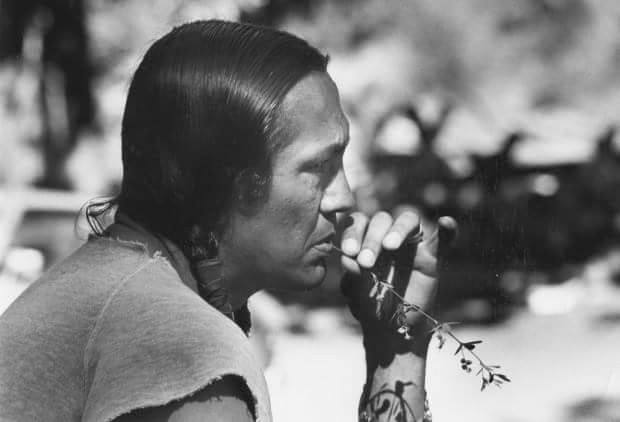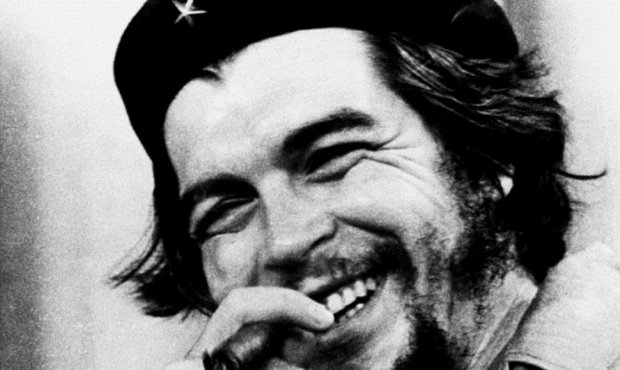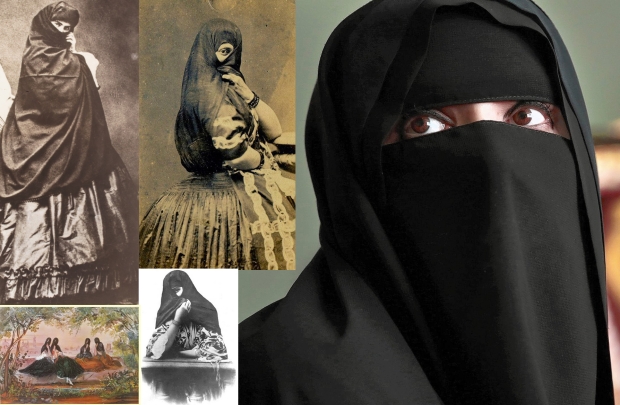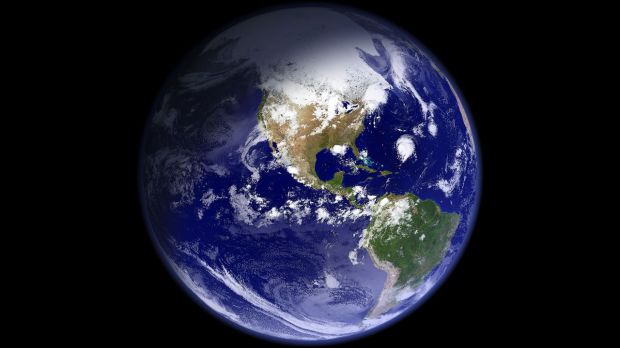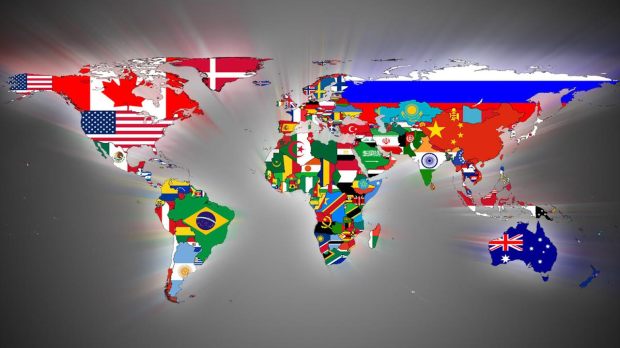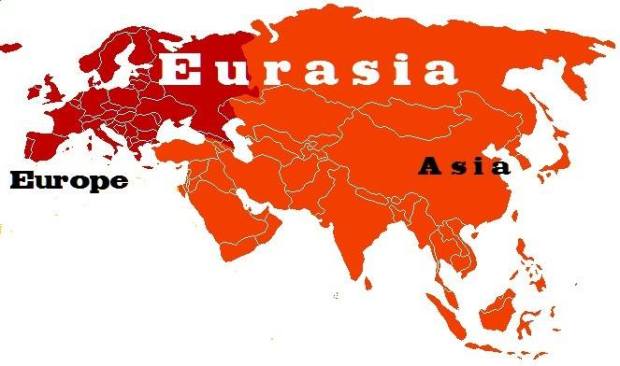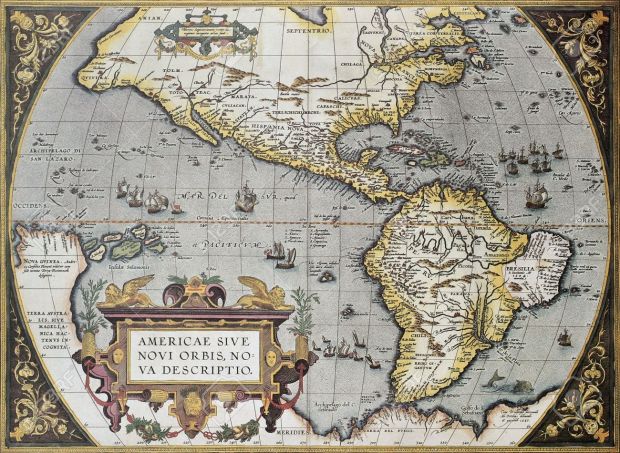Look at a baby. Do you see evil in it? Look at the children. Do you see them as evil?
Lee este reportaje en ESPAÑOL – Leggi questo report in ITALIANO
By Claudia Snitcofsky
Coeditor: Katia Novella Miller
MALITAS*: Latin word for wickedness
For centuries thinkers, philosophers and scientists have been studying human cruelty in all its forms: individual, social and institutional. The 21st century questions us further. In fact there is a renewed interest in scientific studies and in uniting different humanistic disciplines that were characteristics of the 20th century and opened the door to the development of an authentic ‘science of wickedness’ in our time.
Undoubtedly, the very notion of Evil (wickedness) is an elusive concept for those willing to study it, as it is subordinated to innumerable variables such as the culture that produces it and the person who interprets it.
Firstly, we need to break the myth of pure evil: the belief that there are forces and individuals that enjoy trying to harm innocent victims without any motive. This view of absolute evil is perpetuated by traditions, culture and the media.
To gain a broad vision of wickedness, we need to distance ourselves from “the bad seed” theory. Its followers think that there is an innate inclination towards evil. This idea is based on the progress of traditional psychiatry, as well as on the genetic approach to psychopathology. One of the most prominent weak points of this theory consists in placing evil in specific individuals while exempting society of its resposibilities.
Wickedness according to some thinkers.
For Confucius (551– 479 BC.), the renowned Chinese thinker, human nature is good and evil is essentially unnatural.
Socrates (470 – 399 BC), the Greek philosopher of Ancient Athens, attributed wickedness to ignorance (Plato’s Dialogues). That is that human beings are villainous for the simple reason of not knowing what is good and how they should behave to be good. Hence the wicked wouldn’t be so if he had a real knowledge of his errors, if he were aware that living ethically is the best way to live happier, he would not opt for evil.
Our global reality, in part, refutes his assumption.
Baruch Spinoza (1632 – 1677). The Dutch rationalist philosopher expressed his idea in this way: all things that exist in nature are things or actions. Good and evil aren’t things, nor actions. Good and evil don’t exist in nature. Some actions seen from a human perspective, a very human viewpoint, continue to be good for some people, and bad for other people, as some are beautiful, ordered or warm and others ugly, confusing and cold. The values of good and evil, together with the values of sin and merit, are born under the umbrella of the prejudice of purpose. Good and evil are social constructs.
Friedrich Nietzsche (1844 – 1900). The German philosopher placed the origin of evil non only in the human race, but in nature. Evil is everywhere, in all species. It is not a malformation, neither something circumstantial. It is not an accident. It is part of the whole and the proof is that, if you look at nature, you can see that there is evil everywhere, just as much as there is goodness.
However we are gregarious, thinking beings who acquire principles and values. Perhaps we should ask ourselves where we acquire our values, or to put it in another way, who decides and mandates our values and principles.
Sigmund Freud (1856 – 1938), the Austrian neurologist and father of psychoanalysis, in 1929 – when capitalism was getting into one of its most profound crisis – got interested in the relations between individual psychology and social psychology. It was in that period that he produced his memorable work titled Civilization and Its Discontents, which invite us to reflect about the resources deployed by culture to restrict people’s inner needs, like guilt, which doesn’t repress instincts only, but also punishes from within and transforms individuals into frightened and malleable beings. Repressing those needs makes us sick. Freud admits that it is difficult to accept that humans have an instinctive predisposition to vitality, and at the same time, a death and destructive drive (love – hatred).
Erich Fromm (1900 – 1980). The renowned German psychoanalyst, social psychologist and humanistic philosopher thought that self-hatred and hatred of others are connected. To him destructiveness was a consequence of people’s lack of freedom to experiment and express themselves in all their potential. Therefore, the responsibility would lie in culture for constraining individuals. Fromm published many books considered ”classics” on the authoritarian tendencies and our contemporary societies.
Alfredo Grande, Argentine psychiatrist and psychoanalyst, dares more and names it: “repressing culture”. Among its functions: deny enjoyment, undermine reality and prevent people from thinking, for example distorting narratives, like with the Holocaust denial. Grande differentiates aggressivity from wickedness saying that violence shouldn’t be completely eliminated as it is necessary to defend ourselves in case of an aggression, because defending ourselves restores self-respect and self-esteem. Grande insists that cruelty is the essence of wickedness, as it is the mistreatment of a being who may suffer.
Evil for the Sioux people. In his book If you have forgotten the names of the clouds you have lost your way, about the thinking, traditions and philosopy of these people, the native activist Russell Means writes “American Indian people don’t believe in the Devil. We don’t believe in evil. We had no experience of it, until we met a patriarch. A basic premise among indigenous people is that there isn’t anything that is perfect. In our mythology that we teach our children in the first 5 years of life we have the Legend of the Two-Faced”. The legend of Iktomi – the trickster. “He has two faces. He is a teacher, he will teach you about the tricks of life, the foibles of life, about temptation, about egos. Iktomi, as part of the natural world, is not evil, in fact he can be downright funny. But you’ve got to look out. That’s the lesson of Iktomi”
Science: in the 19th century, when scientists began to accept the evolutionary past of humanity, thrivingly resurrected the idea of a ”prehistoric violent mankind”. Since then it has been deeply etched in our collective memory. They linked the supposed physical appearance and behavior of the first human fossils, found in 1863, with theoretically aggressive apes, as they imagined the gorilla.
Until the twentieth century the archetype of our ancestors was a male and tough hero who, armed with a mace and dressed in skins, faced huge animals such as the mammoth. A time worthy of heroic fighters. This rough man was able to carve stone tools, (to which scholars gave names with aggressive connotations: maces, clubs, spears, hand weapons, etc.). Physical force coupled with violence seemed inexorable. The interpretations generated from various disciplines (archaeology, anthropology, evolutionary biology, primatology…) and focused on a virile and warlike world, were drawing a panorama of our prehistory highly biased by the male vision and interests. In short, for some scholars, prehistoric humanity was composed of beings in perpetual conflict, characterized by a marked propensity to violence and aggressiveness. For others, the bellicose behaviors of bullies are of relatively recent origin, having emerged about 10,000 years ago when humanity established the first settlements and abandoned nomadism.
The archeologist and professor of the University of York Penny Spikins contends in her book How compassion made us human (2015), that compassion and empathy were the true engines that made us human. “Evolution made us sociable, it made us live together in groups and care of each other, even before the appearance of language.” As Spinkins, different authors claim that empathy, or even altruism may have been the agents of change towards humanisation and despite wickedness, it’s the force that keeps us together.
Evil and God
Throughout the centuries the apparent contradiction between the existence of evil and the alleged divinities’ powers have been repeated.
A synthesis in the Paradox of Epicurus (1):
God wants to prevent evil, but is incapable of doing it? Then he is not omnipotent. Is he able and willing to do so? Where then does evil come from? He is able, but doesn’t want to do it? Then he is malevolent. Is he not able, nor does he want to do it? So, why to name him God?
It is not about questioning personal beliefs, but why institutionalize them, self-impose authorities, submit and grant them power. In religions good and evil are always present, the “almighty” and the devil, sin and punishment; and especially the forbidden.
“We spend the first year of a child’s life teaching him to walk and talk, and the rest of his life to sit and be silent“
Neil deGrasse Tyson (1958), astrophysicist and popularizer of Science.
- We Need To Return To (The Real) Natural Law
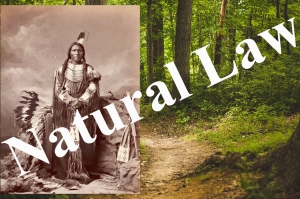
- Tenemos que recuperar el sentido de la (verdadera) Ley Natural

- Dobbiamo recuperare il senso della (vera) Legge Naturale

Obedience to authority – The concealment of power.
Kings, rulers, devotees, military and police personnel, landowners, owners of capital, lawmakers, experts, teachers, leaders of institutions with alleged moral authority. Empire and colony updated.
In each bond a position of power is established, but when we give authority to the other we are at their mercy, without doubting their intentions. This doesn’t happen because we are bad or good by nature, it is what we are able to do under the influence of a boss, a leader that we accept as such. Human beings, before an authority figure, are able to commit acts against their own nature.
The dangers of obedience
Hannah Arendt, (1906-1975), German philosopher and political theorist, coined the expression ”the banality of evil” in her book Eichmann in Jerusalem (1963) to express that some individuals act within the system rules to which they belong without reflecting on their actions. They don’t think about the consequences of their actions, but only of fulfilling orders. Arendt was a correspondent of the magazine The New Yorker in Israel at Adolf Eichmann trial, accused of genocide (1961) – he was in charge of the the deportation and transportation of Jews to the ghettos and concentration and extermination camps during the Third Reich. To Arendt, Eichmann was not a monster, as he was considered by most of the media. His actions were not excusable, and he wasn’t innocent either. His acts were not carried out because Eichmann was anti-Semitic, nor did he present the traits of a mentally ill person. He acted like that just because he wanted to move up in his professional career, his actions were the result of compliance with orders from superiors: “Not only did he obey orders, he also obeyed the law” (page 135). Laws, among their objectives, regulate people’s behavior. Which would confirm that legality is not always rightful. Eichmann was a bureaucrat, a worker within a system based on acts of extermination. Torture, the execution of human beings or the practice of “evil” acts are not considered on the basis of their effects or their final result, provided that the orders to execute them come from higher levels. Arendt discusses the complexity of the human condition and warns that it is necessary to always be attentive to what she called the “banality of evil” to prevent it from happening. The hardest thing to accept is that both Eichmann and everyone who participated in the Holocaust were normal people. The conclusion or warning of Hannah Arendt is very accurate and worthy of recovery: in the face of growing fascism and the possibility of crimes of this nature.
The Milgram experiment (1960) conducted by psychologist Stanley Milgram, at Yale University, and the Stanford prison experiment (1971) seem to confirm Arendt’s thesis. Their results were of submission to authority, demonstrating that most people are willing to put aside their principles in order to obey authority and be accepted within a social circle.
Michael H. Stone (1933), US psychiatrist, in 2015 gave some numbers: 90% of the serial killers are psychopaths, but only 10% of the mass murderers are psychopaths. 97% of the latter are males, who are 100% of the serial killers. The author states that there is a general impression that psychopaths continue to be psychopaths for all their lives. Nevertheless, he considers that culture can contribute to eradicate these tendencies in early life or avoid their prolongation. He gives as instance Mennonate and Amish cultures, in which aggression is demotivated and the prevalence of these disorders is almost nonexistent.
A more recent research (2018) (2) conducted by Danish and German scientists, identifies the common factor of human wickedness and names it Factor D. It should be clarified that the research doesn’t analyze the environment, social class and culture; it focuses on individuals. It groups together nine malicious behaviours which express the dark nucleus of the personality, like the desire to put one’s own interests above others and the community at any cost: selfishness. Machiavellism, a manipulative and insensitive attitude towards others, accompanied by the conviction that the end justifies the means. Moral disconnection, which is defined as a manner that allows one to behave unethically, without feeling any remorse. Narcissism, excessive self-admiration, accompanied by a feeling of superiority and an extreme need to constantly attract the attention of others. Psychopathy, defined as the lack of empathy and self-control, to which impulsive behavior is added. Sadism, the desire to inflict mental or physical harm to others for the pleasure of having power. Self-interest, understood as the desire to promote and highlight one’s social status; and resentment, defined as destructiveness and willingness to cause harm to others, even if one risks inflicting harm to oneself. These are the dark traits established in this personality research. Factor D can manifest itself with one trait, or with a combination of several.
We live in a global culture of widespread and naturalized evil.
Inequality as the mother of all evils and the well-known distribution of wealth that is not such. If we add to this social environment of inequality wars and armed conflicts that not even a global pandemic was able to stop (24 active wars as of March 2022, documentazione.info), coups d’état (18 in the last 10 years, not counting the “soft coups”), police repression, drug trafficking, human trafficking, forced labor, the exploitation of human beings by other human beings, tax evasion, smuggling, polluting companies, the destruction of the environment, suspicious justice, the hegemonic big media with its propaganda, manipulation and lies as part of this conception of evil, we can well understand the discomfort and distress in which we live.
Today we have fake news and the spread of hate on the Internet but, throughout history there have been false rumors that have led to massacres.
The consequences of these ‘fake news’ and the spread of hatred are known: hunger, poverty, disease, premature deaths from predictable illnesses, unemployment, war migrants (refugees), climate migrants, and migrants due to the looting in their own countries – who are also called “illegal” and are treated by governments as criminals and without humanity, today many die in the Mediterranean. And the list goes on: child pornography, pedophilia (more than 5200 children abused by the Catholic Church in the USA and 300,000 in France), femicides and even suicides which in the last 45 years increased by 60% worldwide. All this is the result of a failed system.
Wickedness? No, a culture that generates domination and subjugation. A system in which human beings aren’t the priority. A capitalist system now transnational, which doesn’t need nationalisms, not even political ideologies, for it to exacerbate the hatred created by so much frustration is enough, generating the growth of the far right and the danger of fascism. A system that empowers wickedness and its impunity, that doesn’t stop it and has produced the greatest attack on all forms of perception of reality, with facts that talk by themselves. A destructive way of life: a way of life that destroys.
How can one think that individuals can freely organize what to do, what to feel and what to think? All their “vivencias” (life experiences) face threats, guilt, orders and punishments. A daily deep frustration, to which we have to add the globalized uncertainty that has arrived to stay with us. How can we imagine all these people organizing themselves in peace, in community?
Nevertheless, not all news is bad. The era in which we live is challenging, but not impossible. It is essential to try critical thinking, which aims to pierce unitary thought, the “pensée unique”. Question, and question more, corner all dogmas: political, religious, affective, sexual, intellectual. And in the meantime, let us not be overcome by sadness or discouragement.
There is a lot of goodness in the world, a lot, but it has no “press”. We are able to create the most beautiful works of art, to invent, to discover, to be supportive, even to help a stranger. Many are the acts of kindness that are performed daily. Also, if you got here it is because… we are the captains of our souls (3).
We are all born babies and become children. Look at a baby. Do you see evil in it? Look at the children. Do you see them as evil? Are there bad children or do we make them bad? The question we must ask ourselves about our cultural system and our social organization is no different. Are we naturally cruel or the wickedness that surrounds us is the fault of our society, the fault of its socio-economic organization, and its dominant values?
Notes:
(1) Epicurus (341 BC – 270 BC) Greek philosopher.
(2) The dark core of personality. Moshagen Morten et al. Psychological Review, DOI.
(3) Invictus poem by William Ernest Henley (1849-1903). They say that Nelson Mandela recited it in his 27 years in prison.

AUTHOR: Claudia Snitcofsky. “Why do I write? Because writing is a silent task, a work that goes from head to hand. The mouth is dispensed with, but not feelings and values. In such a confusing world, it feels good to try to “clear the water”… writing.” Contact Claudia: clausity@protonmail.com
Share this special article! ⬇︎
RELATED ARTICLES: The Whole System is Corrupt: the Judges and Politicians Involved in Assange’s Trials – What Is Awaiting Us? A Covid & Green Dystopia, a Totalitarian New Middle Ages – The German School System Is Based on Eugenics – Yours Too! – All Of Humanity’s Problems Are Caused By A Lack Of Awareness – How Politicians Built Racism in the USA – Why I am not a Capitalist, nor a Marxist – The Alarming Chinese Social Credit System and the Rise of Authoritarian Surveillance States
WAIT, DON’T GO! Writing the truth is dangerous. If you value our hard work, please consider supporting our efforts sharing our article and with a donation (below). Supporting global independent media todays is supporting your freedom tomorrow. Furthermore we need your help to keep publishing what mainstream media hides to you and inform the global community, please support our hard work!
Make a secure DONATION with PayPal or your Debit or Credit Card
Google, Facebook, Instagram, Twitter… are trying to silence independent media fighting for the truth and a better world. Given this fact, it is extremely important for people to search out information for themselves, go directly to our website and others, subscribe to diverse email lists, and not rely on social media for information. Please enter your e-mail and click to subscribe to get our reports in your inbox

Follow us! We are on the main social networks, Facebook, Twitter, Instagram, VK and Telegram (KBNBWorld). You can also follow as on our new video channels: BitChute, UGETube or You Tube.
COVER IMAGE by Diana Balderrama.
Translation from Spanish into English: Katia Novella Miller
KBNBWorldNews is a Non-Profit News Organization.
Contact with the editorial office: kbnbworldnews@protonmail.com
Media: Republishing Guidelines
KBNBWorldNews Copyright
